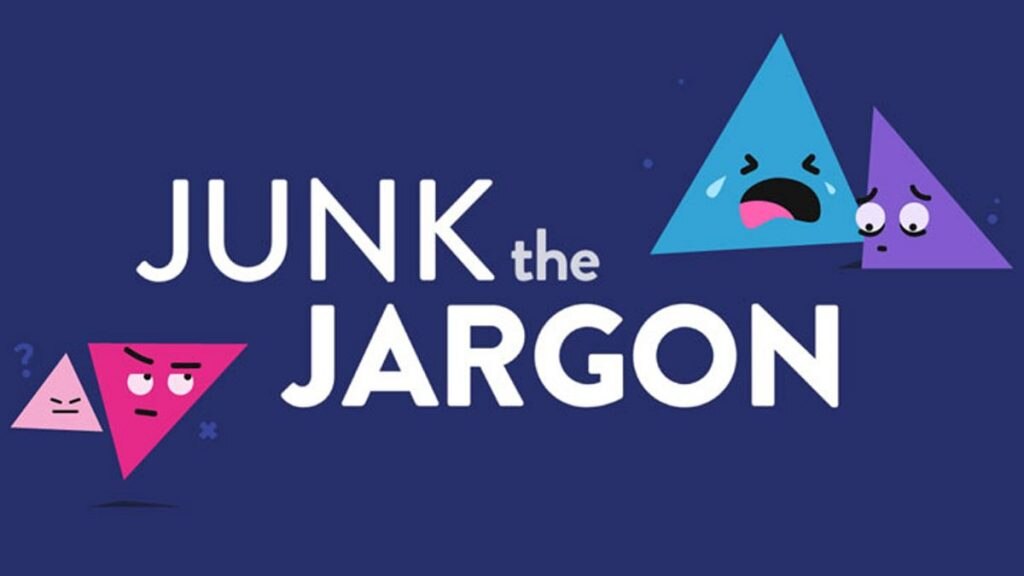Jobseekers are turned off by jargon in job adverts
Our research, where we surveyed 2,000 graduates, found that 71% of people can be discouraged from applying for jobs because of jargon. We encourage employers to use our 'Jargon Decoder' to help create your job descriptions.

Why is it important to exclude jargon from job adverts?
Nearly half (48%) of grads turning up to interviews still unsure as to the nature of the role due to the language used in the job ad, employers are encouraged to reconsider including buzz-phrases in job posts, as half (50%) would be put off applying for a job entirely.
Graduate perceptions of job adverts
Well, three quarters (75%) would like adverts to be written in plain English, but it isn’t just terminology and abbreviations that can be difficult to understand.
Our research shows that job titles can be equally confusing, with ambiguous labels such as ‘New Media Czar’, ‘Coordinator of Interpretive Teaching’ and ‘Conversation Architect’.
64% of graduates inevitably feel that they can’t apply for a role if they don’t understand the job description and 71% claim that business acronyms in ads, such as ‘SLA’, ‘DOE’, ‘POC’ and ‘B2B’* leave them feeling under-qualified.
Most misunderstood job jargon amongst graduates
- Open the kimono (82%) of grads who have not heard the term
- Cloud-first (76%)
- Growth hacking (73%)
- Blue-sky thinking (67%)
- Thought shower (64%)
- Brand architecture (61%)
- Low-hanging fruit (64%)
Decoding the jargon
In response to the need for clarity, Milkround has created the Jargon Decoder to offer support to candidates needing guidance in navigating job ads and guidance for employers to provide clear, concise adverts.
Georgina BrazierGraduate Jobs Expert at Milkround
Our jargon decoder will ensure that your job descriptions are clear, concise and attracting more candidates. Give it a try by clicking the link below!
Use the “Jargon Decoder”
To launch the “Jargon Decoder” in your browser, click/tap the button below: